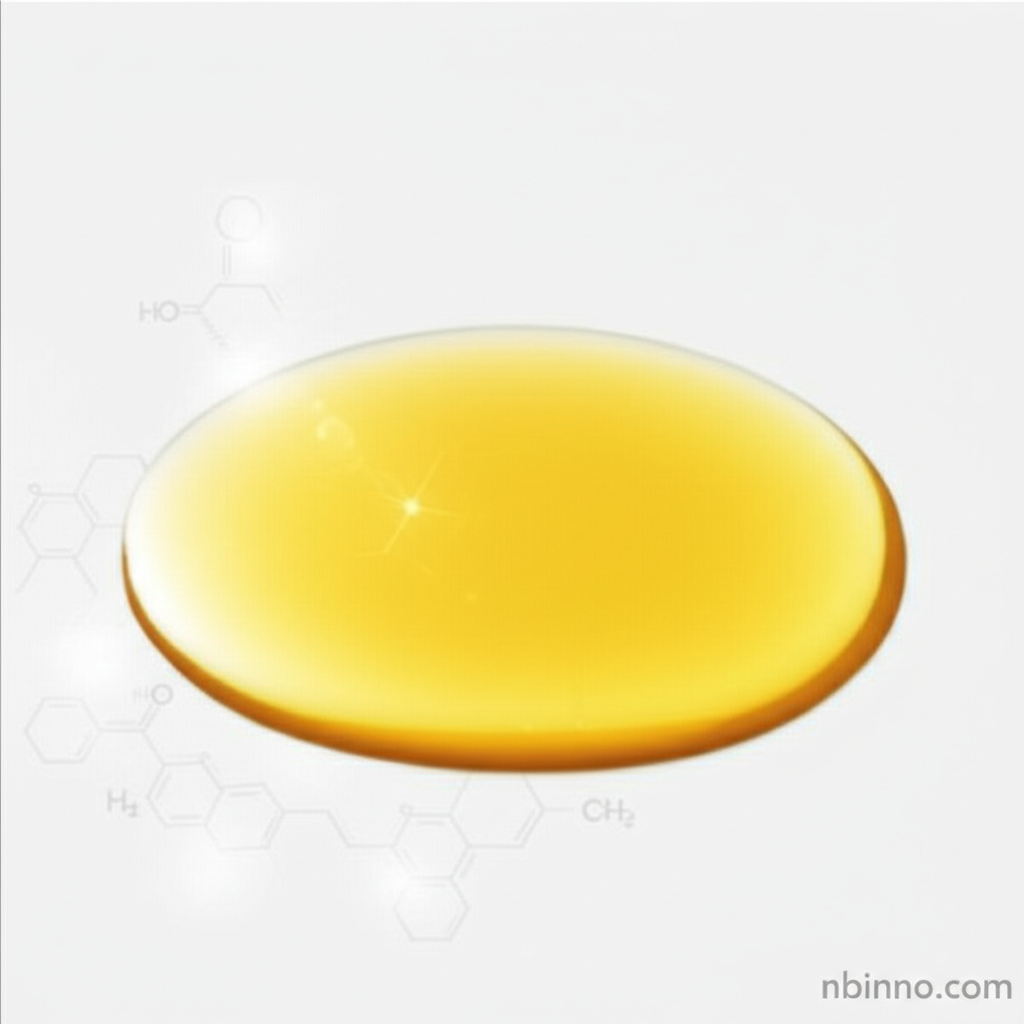Styrenated Phenol (CAS 61788-44-1): Advanced Stabilizer for Rubber and Plastics
Enhance your rubber and plastic formulations with our high-performance Styrenated Phenol for superior aging resistance.
Get a Quote & SampleProduct Core Value

Styrenated Phenol
Styrenated Phenol (CAS 61788-44-1) is a crucial chemical intermediate known for its exceptional performance as a stabilizer and anti-aging agent. It is widely used to improve the heat and oxygen aging resistance of synthetic and natural rubbers, as well as acting as an effective antioxidant in plastics like polyalkanes and polyformaldehyde.
- Discover the benefits of Styrenated Phenol as a stabilizer for synthetic rubber, significantly extending product lifespan.
- Leverage Styrenated Phenol's anti-aging properties for natural rubber applications, ensuring product integrity under harsh conditions.
- Explore how Styrenated Phenol serves as a potent antioxidant for polyalkanes, safeguarding polymer performance.
- Understand the chemical properties and uses of Styrenated Phenol to optimize your industrial processes.
Key Product Advantages
Enhanced Durability
Benefit from excellent anti-aging properties for rubber, a critical factor when considering styrenated phenol stabilizer for synthetic rubber.
Improved Resistance
Achieve superior heat and oxygen resistance in both rubber and plastics, showcasing the advanced capabilities of styrenated phenol antioxidant for polyalkanes.
Environmental Compliance
Utilize a non-toxic and pollution-free additive, aligning with sustainable practices in the plastics industry.
Key Applications
Rubber Stabilization
A vital component for enhancing the longevity and performance of various rubber types, as evidenced by its use as a styrenated phenol stabilizer for synthetic rubber.
Plastic Antioxidant
Effectively protects plastics like polyalkanes and polyformaldehyde from degradation, a key function of styrenated phenol antioxidant for polyalkanes.
Coatings Additive
Contributes to the formulation of high-quality coatings, leveraging its stabilizing properties in the plastics industry.
Chemical Intermediate
Serves as a foundational material for further chemical synthesis, demonstrating its broad utility in chemical manufacturing innovations.
